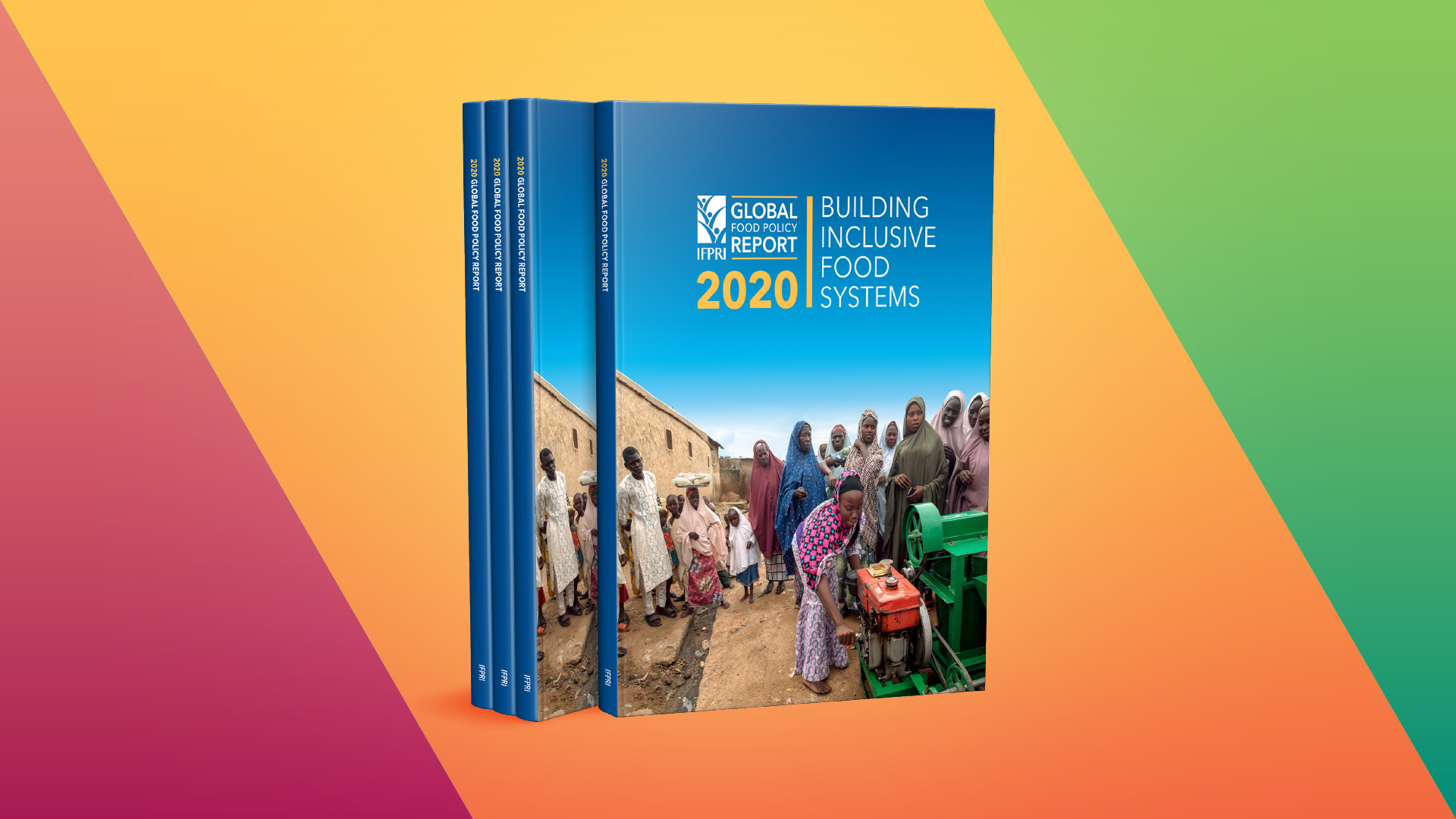Regional Law No. 18-3 on maximum limits of the plots of land.
The present Regional Law determines the utmost (maximum and minimum) limits of the plots of land and the modalities of their delimitation on the regional territory. The Regional Law consists of 14 Articles. Article 1 determines the sphere of application. Article 2 regards legislation on maximum limits of the plots of land. Article 3 establishes the modalities of the determination of the maximum limits of the plots of land. Article 4 establishes maximum limits of the plots of land conceded for farming. Article 5 establishes maximum limits of the plots of land conceded for gardening.






